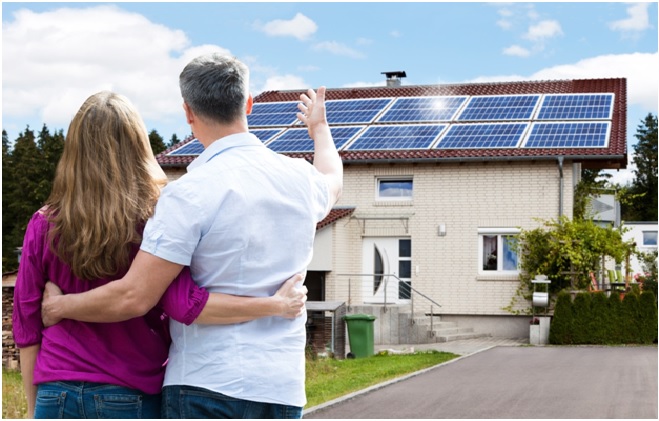
A Complete Guide to Residential Solar Power in 2021
Fossil fuels account for 84% of the world’s energy. The problem, however, is that they release a number of pollutants into the air, which is harmful to both the environment and our health.
Fortunately, there are more sustainable alternatives—solar power being one of them. Not only is it better for the planet, but it can save you money in the long run as well.
Thinking of making the switch? Want to learn more about how residential solar power works? If so, you’ve stumbled on the right page.
We’ll be going over everything that you need to know about the topic below. Keep reading to learn more!
What Is Solar Power?
Solar power is renewable energy from the sun; it’s the conversion of sunlight into electrical or thermal electricity. The easiest way to harness it is by installing solar panels on the roof—they contain photovoltaic cells that’ll allow you to turn the sun’s radiant heat and energy into an electrical current.
And unlike fossil fuels, it’s clean energy; it doesn’t release any greenhouse gases such as nitrous oxide, carbon dioxide, or methane.
It’s also low maintenance. Once the system is installed, it’ll mostly run itself; there aren’t any moving parts so you won’t have to worry about it breaking down.
How Much Will It Cost?
A home solar power system can cost anywhere between $15,000 to $25,000. At the end of the day, it depends on various factors such as the type of panels, solar power capacity, and the size of your roof.
The good news is there are federal tax credits that you can take advantage of. They’ll allow you to deduct 26% of your total costs, which will lower the overall price.
Depending on where you live, there may also be state tax credits available. Take California, for example, they have a solar energy property tax exclusion system that’ll let you deduct the value of your rooftop solar system from your property taxes.
Can I Install the Panels Myself?
Installing your own solar panels might be cheaper, but it’s also riskier. For one thing, you can easily hurt yourself in the process, especially if you don’t know what you’re doing. Not only that, but you can damage your property.
Given that, it’s best to hire a qualified professional (e.g. Blue Raven Solar); they’ll be able to complete the job quickly and efficiently without any issues.
Tip: Shop around. Get multiple quotes from different companies and go with the one that works best for you.
Switching to Residential Solar Power
And there you have it—a guide on residential solar power. If anything, it’s a great sustainable energy that you can use to power your home. It might cost a bit, but it’ll be much better for the environment.
Looking for more content like this? Then check out the rest of our household section!
